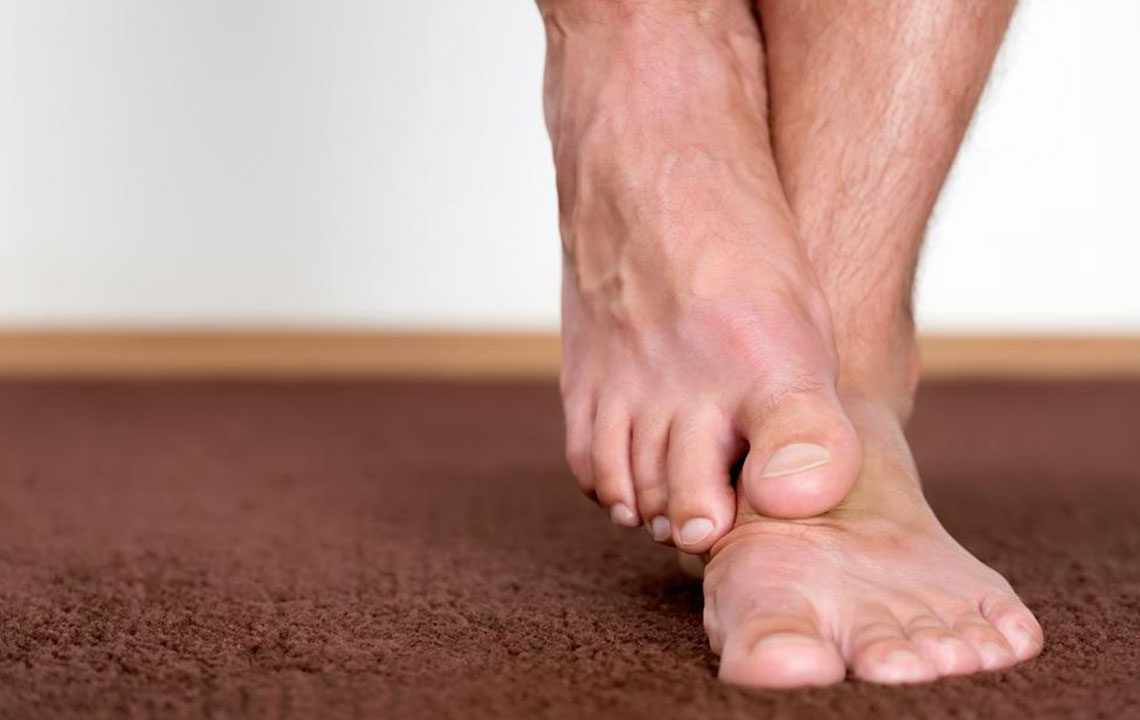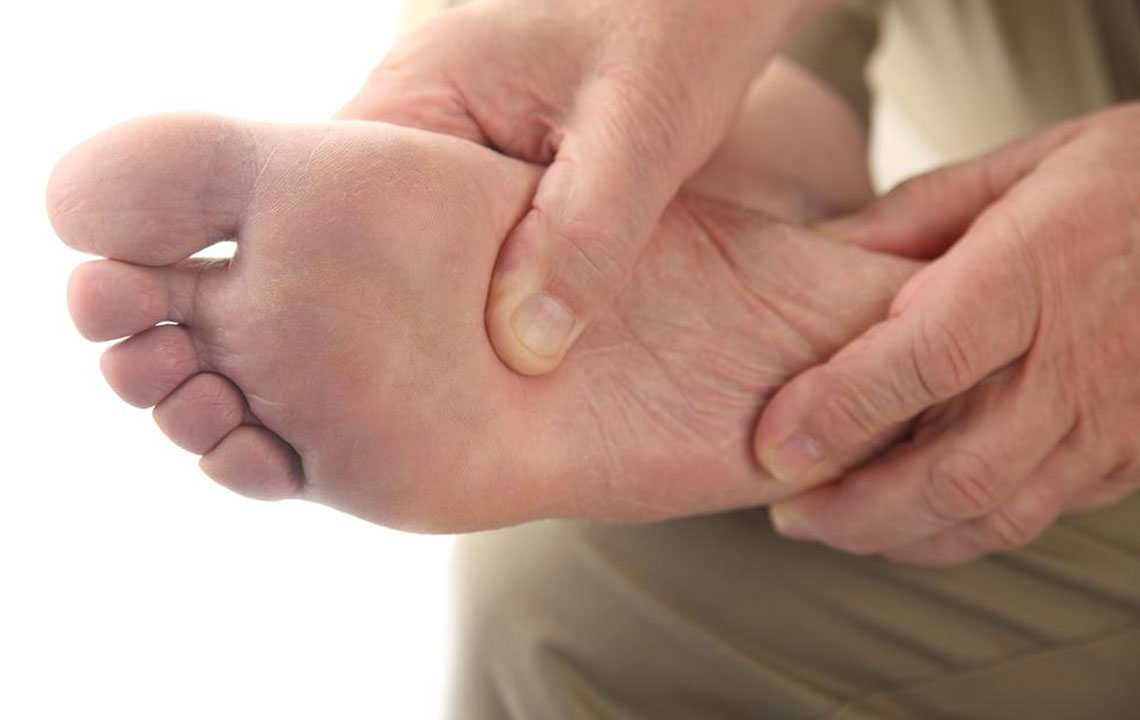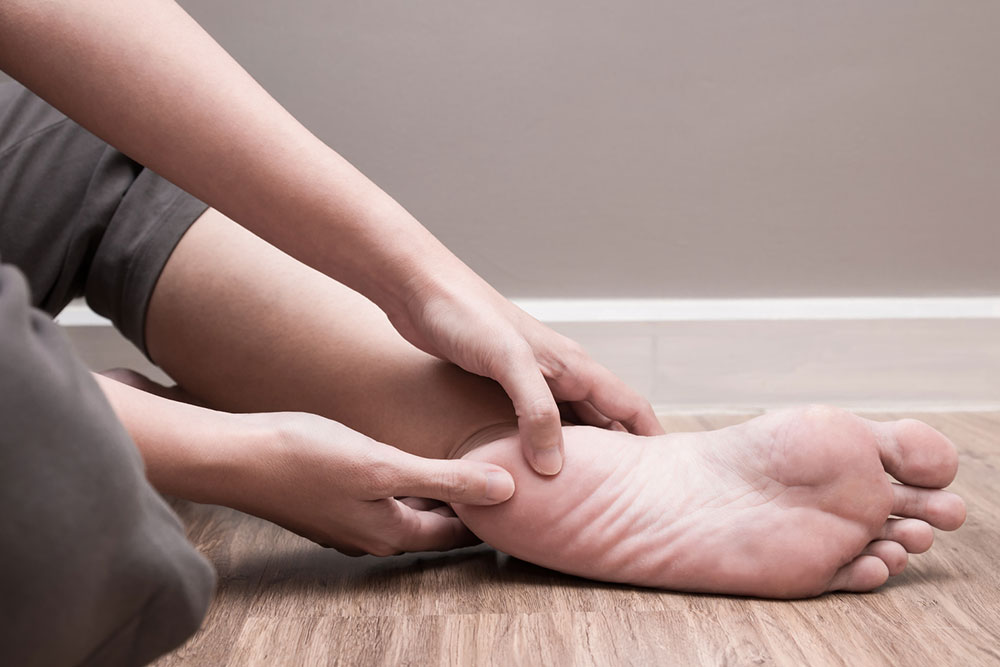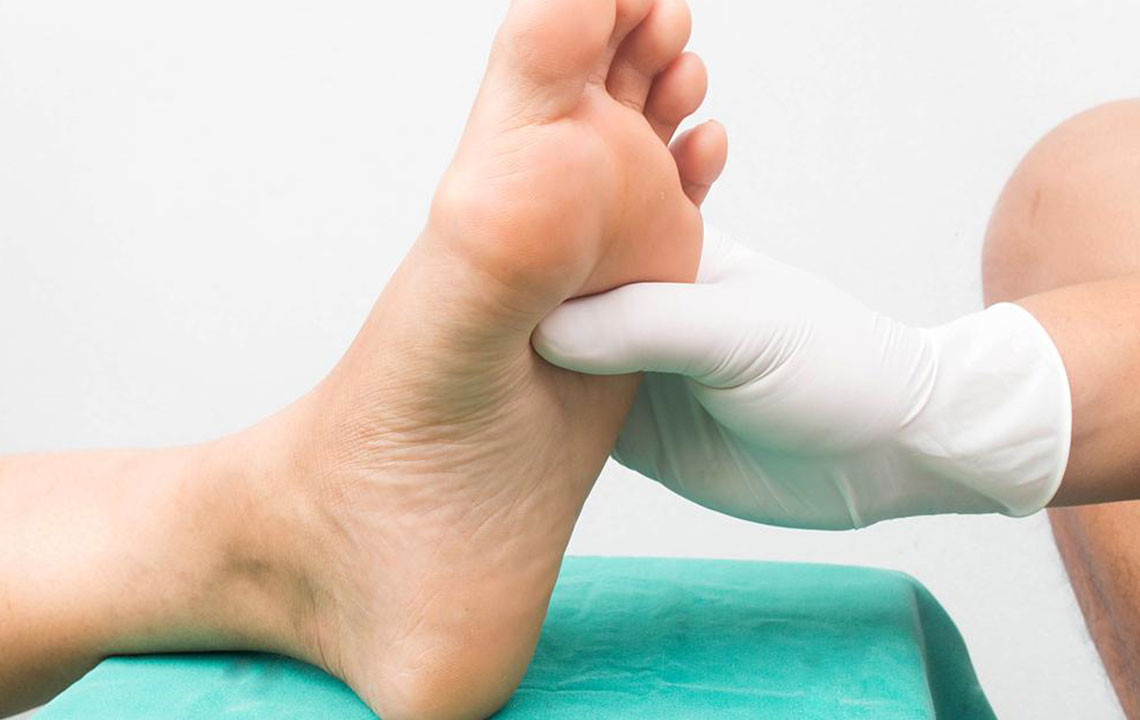Effective Strategies for Managing Foot Neuropathy
Discover effective methods to manage foot neuropathy, including causes, symptoms, diagnosis, and treatment options. Lifestyle adjustments, medical interventions, and home remedies can help alleviate discomfort and prevent progression. Regular foot care and professional consultation are essential for optimal management of nerve damage in the feet.

Effective Strategies for Managing Foot Neuropathy
Many individuals report a burning sensation in their feet, which can often be linked to nerve damage known as neuropathy, frequently associated with diabetes. Regular foot examinations are essential for accurate diagnosis and appropriate treatment. If you experience tingling or burning sensations, don’t ignore these symptoms.
Foot neuropathy results from nerve injury in the legs, leading to abnormal sensations such as burning. Diabetes remains the leading cause, though other factors can contribute. Advances in medicine now help manage and control this condition effectively.
The focus of treatments is to prevent further nerve deterioration and alleviate discomfort. Burning feet are a hallmark symptom, caused by disrupted nerve signals that overact and send false pain messages. Other symptoms may include muscle cramps, numbness, skin and nail changes, and coordination issues.
Neuropathy can affect one nerve (mononeuropathy) or multiple nerves (polyneuropathy).
Common Causes of Foot Neuropathy
Diabetes is the primary cause, but several other conditions may contribute, including:
Chronic kidney disease (uremia)
Vitamin B12, B6, or folate deficiencies
Hypothyroidism
Alcohol consumption
Infections like Lyme disease and HIV
Chemotherapy and heavy metal exposure
Vascular inflammation (vasculitis)
Autoimmune disorders such as sarcoidosis
Guillain-Barré syndrome
Signs and Symptoms
The most common indicator is a burning sensation in the feet. Additional symptoms include numbness, inability to feel temperature changes, muscle cramps, skin and nail alterations, and loss of coordination.
Diagnosis Approach
In diabetics, neuropathy symptoms often confirm diagnosis. For others, additional tests help identify causes, including:
Electromyography (EMG): Assesses muscle functioning
Nerve conduction studies: Measures nerve signal transmission
Nerve biopsy: Microscopic examination (rarely done)
Blood, urine, and spinal fluid tests: Check related parameters
Treatment Methods
Complete cures are uncommon, but managing symptoms and preventing further nerve damage is achievable. Treatments vary depending on the underlying cause; controlling diabetes, for example, reduces symptoms. Symptomatic treatments focus on alleviating discomfort.
Ensure a balanced diet rich in nutrients
Supplementation with B-vitamins, especially B12 and folic acid
Consume adequate proteins from dairy, meats, and fish, along with green vegetables
Limit or avoid neurotoxic medications, alcohol, and manage underlying health conditions
Address hypothyroidism and inflammatory conditions
Medications such as antidepressants and anticonvulsants may help manage pain symptoms
Home remedies include foot massages, soaking in warm water, walking for improved circulation, and wearing soft-soled shoes
Summary
Adopting a healthy lifestyle, maintaining proper foot care, and seeking medical advice upon severe symptoms are key for managing foot neuropathy. Advances in medical science offer various treatment options, and combining medical care with home practices can significantly improve quality of life.










